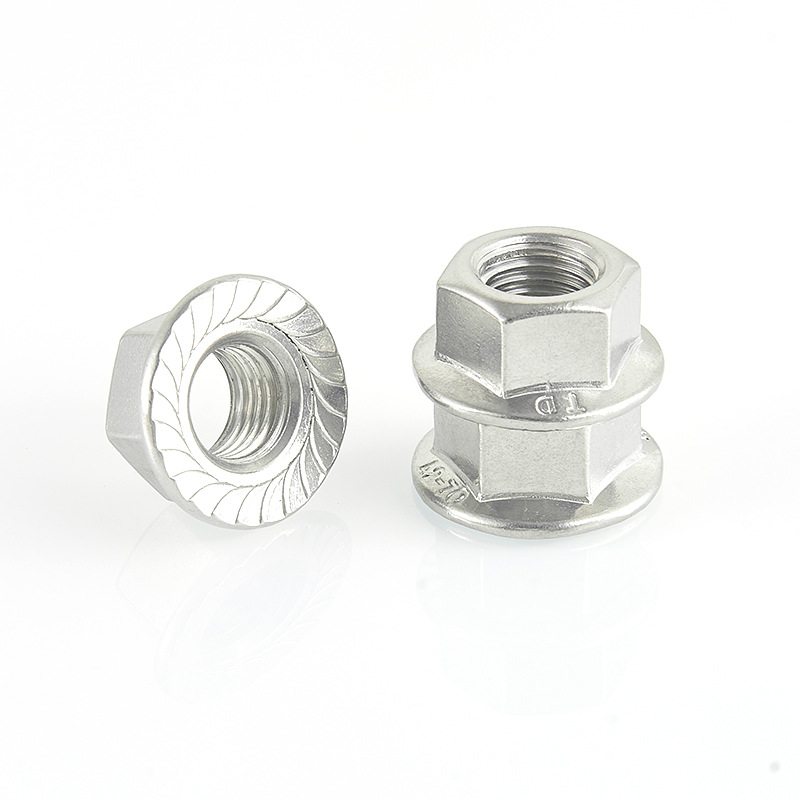

Applications and Benefits of Self-Tapping Screws in Various Industries and Projects
Oct . 31, 2024 15:58 Back to list
Applications and Benefits of Self-Tapping Screws in Various Industries and Projects
The Role and Use of Self-Tapping Screws
In the vast world of construction and manufacturing, fasteners play a crucial role in securing various materials together. Among these, self-tapping screws have gained significant popularity due to their unique design and functionality. These screws are engineered to create their own hole as they are driven into materials, making them an essential tool in a variety of applications.
What are Self-Tapping Screws?
Self-tapping screws are specialized fasteners that can penetrate and create threads in the materials they are screwed into. Unlike standard screws that require a pre-drilled hole, self-tapping screws eliminate this step, saving time and effort during assembly. They are typically made from high-strength materials, such as steel or stainless steel, which enhances their durability and resistance to stripping.
Types of Self-Tapping Screws
Self-tapping screws come in several types, each designed for specific applications
1. Thread-Forming Screws These screws are used primarily in plastic or softer materials. They deform the material to create a thread, providing a secure fit without the need for additional threading.
2. Thread-Cutting Screws Designed for metal applications, these screws have cutting edges that bore into the material and remove chips as they penetrate. This type is ideal for thicker metals and provides a robust hold.
3. Self-Drilling Screws Often referred to as Tek screws, these screws feature a drill bit at the tip, allowing them to drill through materials while simultaneously creating threads. This makes them invaluable in roofing and metal construction, where speed and efficiency are vital.
Advantages of Self-Tapping Screws
self tapping screw use

The use of self-tapping screws offers numerous benefits, making them a preferred choice for many professionals
1. Time Efficiency Since they do not require pre-drilling, self-tapping screws significantly reduce assembly time, allowing for quicker project completion.
2. Versatility Available in various sizes and designs, self-tapping screws can be used across diverse materials, including wood, metal, plastic, and composites, making them versatile for multiple applications.
3. Cost-Effectiveness Because they reduce labor time and eliminate the need for additional tools (like drills), self-tapping screws can be more economical in large-scale projects.
4. Enhanced Strength The ability to form a tight grip within the material contributes to the overall strength and stability of the assembly, ensuring that it can withstand stress and strain.
Applications of Self-Tapping Screws
Self-tapping screws find their application in numerous fields. In the automotive industry, they are commonly used in assembling parts. In construction, they are employed for attaching drywall, metal framing, and roofing. Additionally, they are also utilized in home improvement projects for furniture assembly and other woodworking applications.
Conclusion
In summary, self-tapping screws represent a significant advancement in fastening technology. Their ability to create threads while being driven into various materials streamlines construction processes and enhances productivity. With their diverse types and significant advantages, self-tapping screws continue to be an invaluable tool in both professional and DIY settings, reinforcing their position as a staple in the toolkit of today’s builders and craftsmen.
Latest news
-
Hot Dip Galvanized Bolts-About LongZe|High Strength, Corrosion Resistance
NewsJul.30,2025
-
High-Strength Hot Dip Galvanized Bolts - Hebei Longze | Corrosion Resistance, Customization
NewsJul.30,2025
-
Hot Dip Galvanized Bolts-Hebei Longze|Corrosion Resistance&High Strength
NewsJul.30,2025
-
High-Strength Hot-Dip Galvanized Bolts-Hebei Longze|Corrosion Resistance&High Strength
NewsJul.30,2025
-
Hot Dip Galvanized Bolts-Hebei Longze|Corrosion Resistance&High Strength
NewsJul.30,2025
-
Hot Dip Galvanized Bolts - Hebei Longze | Corrosion Resistance, High Strength
NewsJul.30,2025

